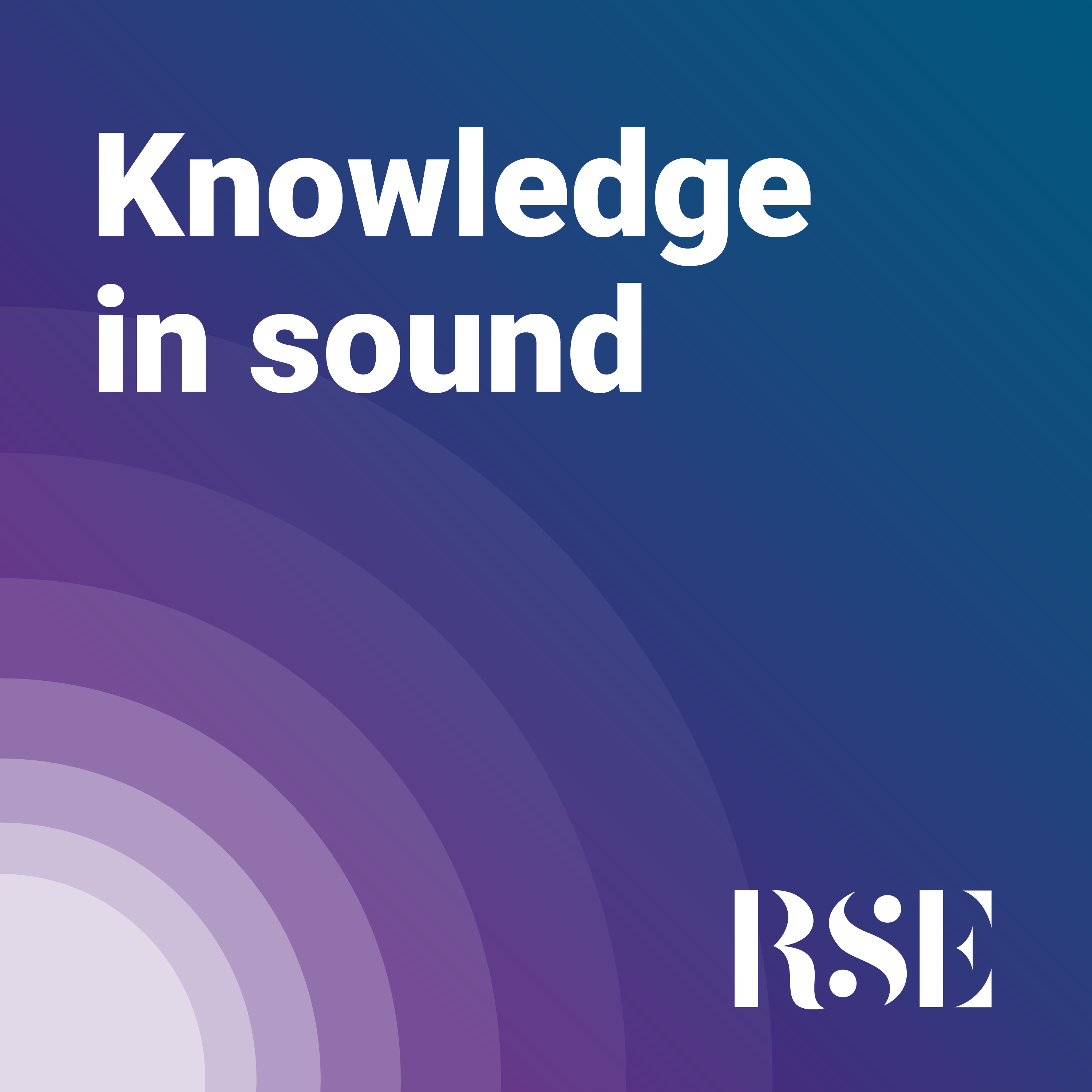Episode Transcript
Moving from Sudan to Scotland was the most defining event of my life. I started writing as a response to the newness of life in Aberdeen. I could not stop myself comparing between it and Khartoum. At 26, with a four-year-old son, a two-week-old baby and a husband working off-shore on the oil rigs, I started to manoeuvre a new life for myself. One in which thinking and writing became the central role. I needed an outlet for my homesickness, but I also wanted people around me to know more about Sudan and Islam, the two things which made me who I was. Sharing is such a human extinct. Had a been a good cook, I would have cooked my national dishes and shared them with the neighbours! Instead, I wrote stories.
I taught myself how to write. My university degree was in statistics, not literature. So, I depended heavily on the public library to educate myself. Ferryhill Library, which closed early this year, was the first library I became a member of. From there I borrowed an anthology of women writers which led me to explore many of their individual works. I borrowed, I recall, The Old Devils by Kingsley Amis. Alcoholism, old age, Wales – nothing I recognised, but I kept turning the pages. The characters in the novel were completely alien to me, I could neither relate to their lives nor their values and yet I enjoyed the novel and appreciated the writer’s skill. This was what good writing could do, open doors into other worlds. If he could do it, I could do it too! I certainly did not lack confidence.
It would not be dramatic to say that Aberdeen Central Library changed my life. Plenty more books to borrow and there I met writer-in-residence Todd McEwen who founded the Lemon Tree Writers group and showed my stories to his editor. At every workshop I would learn more about the craft of writing, the importance of reading, the need to re-write and edit. The library also hosted readings by established poets and novelists. I attended as many of these events as I could. This was the excitement of the early to mid-90s – William McIlvanney, Kathleen Jamie, Janice Galloway, Duncan McLean, Alan Spence, A.L. Kennedy and Robin Jenkins. I was inspired by them all. Instead of writing about Oxbridge and the circles of power in London, they wrote about ordinary characters who listened to pop music and loved football, who were drug addicts or unemployed. I immediately concluded that there was space in literature for other marginalised characters too – those who were outsiders because of their religion or asylum status. The Muslim woman in her hijab, the reluctant Sudanese immigrant, could now claim a place in literature written in English.
My early stories and novels came from my own experience. With time, though, I was able to broaden the canvas and experiment. History had always fascinated me. The British, who ruled Sudan from 1898 to 1956, were referred to by us, the Sudanese, as the Ingeleez. Growing up in Khartoum, I assumed that Charles Gordon, who was killed by the Mahdists, and Reginald Wingate, under whose rule the modern infrastructure of Sudan was built, were both English. It was a big surprise for me to learn that they were Scots. In fact, a disproportionate number of Scottish men played a part in Sudan’s colonial administration. I was amazed by this discovery. Charting a connection between the two countries brings them closer, gives meaning to my personal trajectory and access into understanding both sides
of history.
Leila Aboulela FRSL, author, essayist and playwright; first-ever winner of the Caine Prize for African Writing; author of River Spirit, Bird Summons, The Kindness of Enemies, The Translator, New York Times Notable Book of the Year, Minaret and Lyrics Alley, and Fiction Winner of the Scottish Book Awards.


